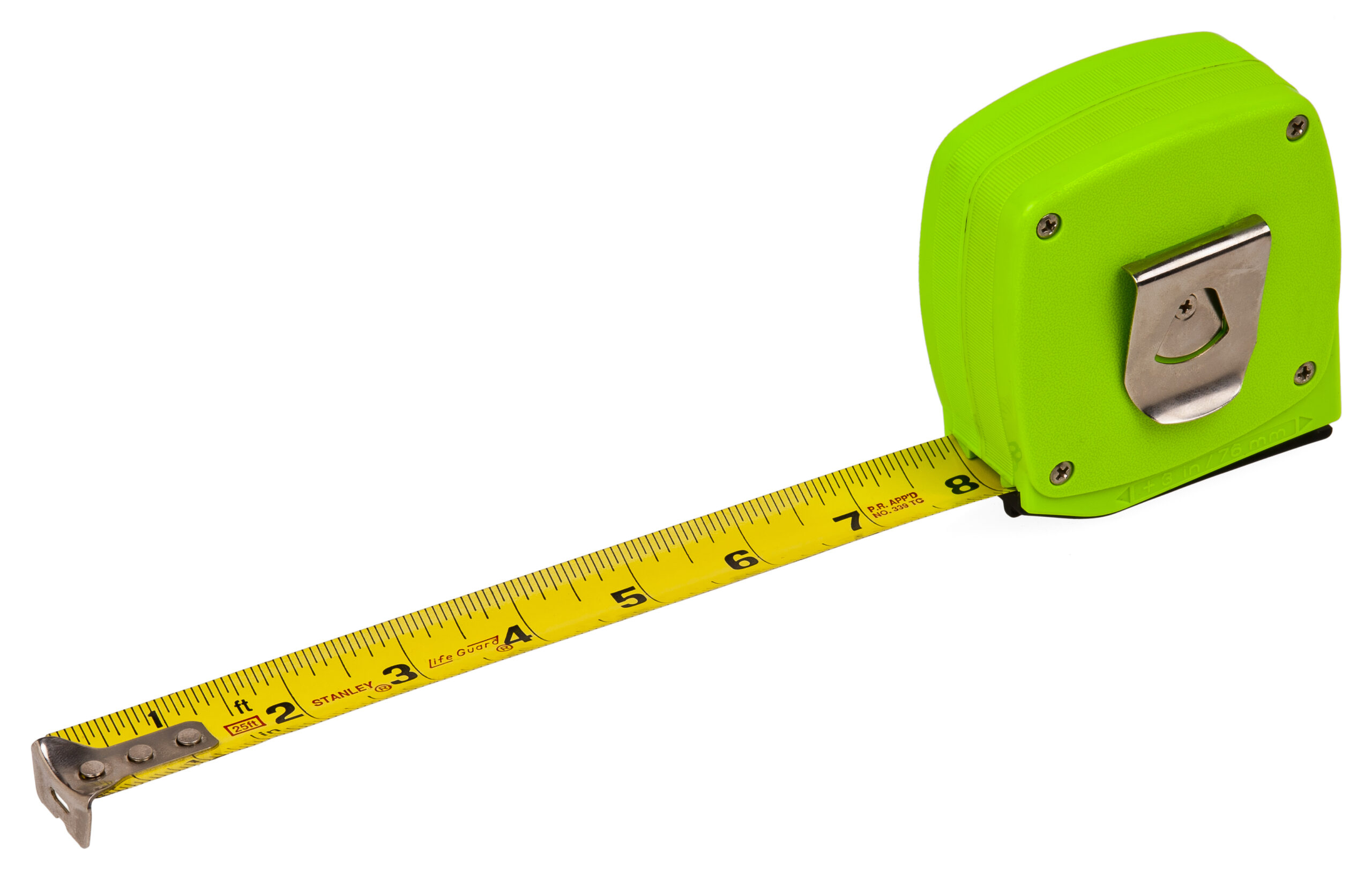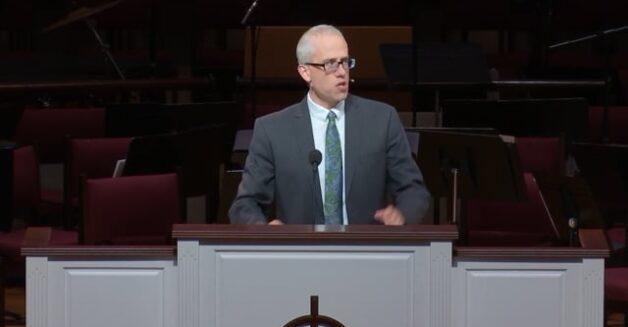
It’s been a hard several months for race relations in this country. You can put me in the category of those who find everything very complicated, with lots of layers, and lots of emotions. I’m not an expert in police procedures or how grand juries are supposed to work. I don’t know what it’s like to be looked at suspiciously or treated roughly because of the color of my skin or the clothes I wear. I don’t know what it’s like to try to make an arrest and think of all the things that could go wrong. I’m sure I don’t even know half of the things I don’t know that I don’t know. I’m a pastor and a preacher. I study the Bible and teach the Bible for a living. So there are plenty of things I’m still trying to figure out. I’m trying to learn and trying to listen along the way.
But as a pastor and as a Christian there are things from the Bible that I do know. I know we ought to use the measure with each other that we want used for us (Matt. 7:2): “Don’t assume the worst about me because I don’t look like you. Don’t size me up based on how I dress, where I live, who my parents were, or if I ever knew my parents. Don’t speak before you listen. Don’t rush to judgment before you’ve heard from all sides.” Isn’t that what we all want?
One of the hallmarks of our legal system is the principle that you are innocent until proven guilty. The Romans subscribed to the dictum ei incumbit probatio qui dicit, no qui negat–“Proof lies on him who asserts, not on him who denies.” In other words, you shouldn’t have to prove your innocent; the other side needs to prove you are guilty.
Which is why some people will say, “Stop with the trial by twitter. What happened to the presumption of innocence? We have to trust the system.” And why others will say, “Trust the system? We’ve spent our whole lives being assumed as guilty, when the ones who mistreat us are always presumed innocent.” Same principle, different experiences, different application.
So what are we to do as Christians?
Probably a dozen different things depending on our situation and calling. But here’s at least one thing we can do: think about the measure we want used for us. Ask yourself: How do I want people to measure me? How do I want people to judge me? How do I want to be treated when I’m accused, when I’m harassed, when I’m about to be put down or sized up (or worse)?
I want people to hear me out.
I want people to get to know me and not lock me into a preconceived narrative or set of experiences.
I want people to give me the benefit of the doubt.
I want people to look at every angle and not be quick to believe the worst about me.
I want people to deal with facts, not gossip or speculation.
I want people to tell me the truth when I’m not seeing the truth.
I want people to try to understand why I’m hurt or scared or upset.
I want people to give me a fair hearing and be open to changing their minds.
I want people to consider how they may be at fault and admit when they’re wrong.
I want people to speak respectfully to me and of me.
I want people to try to see what they can’t yet see.
I want people to remember that I’m made in the image of God and should be treated fairly, honestly, and decently.
This is not social commentary. This is not political prescription. There is time for both of these things, but this post is about something else. It’s about taking Matthew 7:2 as a starting point (not the end, but the beginning) for living out and living into the picture of racial harmony we will rightfully hear so much about on MLK Day.
Take a look at the “I” statements above. Isn’t that how you want people to measure you? Very likely. Is that the measure you’re using for them? Something to think about.



